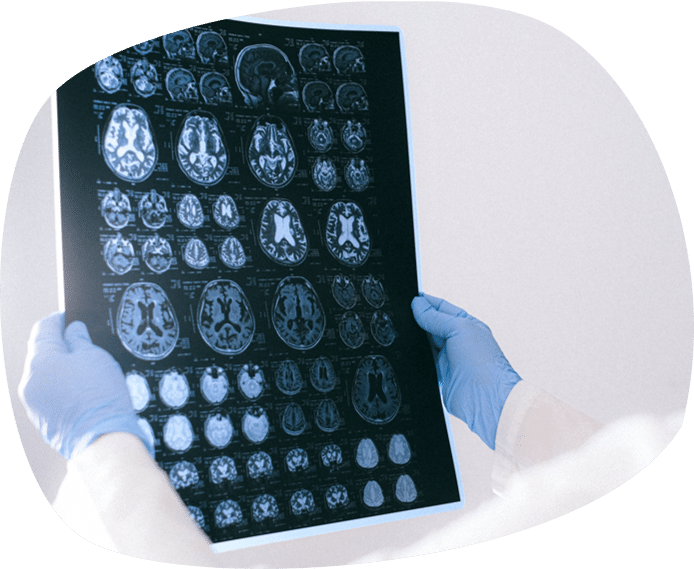The organ donation card can save lives. In our blog post, you’ll learn why the card is important, how it works, and how you can easily document your personal stance on organ donation.
Organ Donation
Organ donation not only saves lives but also significantly improves the quality of life for seriously ill people. The kidney is the most frequently needed organ, as many individuals suffer from kidney failure and rely on a transplant to extend their lives and stabilize their health. Interestingly, a kidney can also be donated by living donors. This is possible because the human body can function fully with just one healthy kidney.
Other vital organs, such as the heart, liver, lungs, and pancreas, are donated post-mortem. This means these organs are harvested after death to help people suffering from severe conditions where a transplant is the only chance for a cure. Organ removal is done after the donor’s death under strict medical and ethical guidelines.
To fairly allocate available organs, waiting lists are maintained. These lists are based on various criteria, such as medical urgency, tissue compatibility, and the general health condition of the patients. Urgency plays a key role in organ allocation: patients with the most severe illness or the shortest survival time on the list often take priority. Additionally, the tissue and blood group compatibility between donor and recipient is checked to minimize the risk of rejection and increase the success rate of the transplant.
The waiting lists and organ distribution processes are complex, requiring close cooperation between medical professionals, transplant centers, and national or regional organ distribution networks. These processes ensure that organs are distributed fairly and efficiently to those who need them most.
In summary, organ donation is a life-saving act that gives seriously ill people a second chance at a healthy life. The efficient distribution and allocation of organs are crucial to maximizing the benefit of donated organs and improving the lives of recipients.
Unfounded Concern: Faster Death Due to Organ Donation
Some people fear being declared dead too soon in order to harvest organs. However, this is a misunderstanding. Before organ donation, doctors must confirm irreversible brain function failure, and this is done according to strict guidelines.

Organ Donation in Germany
In Germany, there are about 10 organ donors per million inhabitants, while far more organs are needed (around 8,500) than are available (around 900). The average waiting time for a kidney in Germany is about eight years, significantly longer than in other European countries. The Transplantation Act regulates organ removal and transplantation, the donor’s consent, and the protection of their rights. According to this law, the so-called “decision solution” applies. This means that organs may only be removed if the deceased explicitly consented to organ donation during their lifetime, which can be documented in an organ donation card. If no explicit consent is given, the family members can make the decision.
However, the decision solution has a significant flaw: According to a representative study by the Federal Centre for Health Education (2022), 73% of people agree to organ donation after their death. However, only 44% have documented their decision, meaning many potential donors are not officially identified as such. The low donation rate in Germany is largely due to this regulation, as residents must actively engage with the issue and make a decision, which only a few do. If no decision is made and/or documented during a person’s lifetime, the family is confronted with this difficult choice after their death and often feels overwhelmed by the responsibility. If you would like to learn more about organ donation, you can do so here and order a card.
Organ Donation in Austria
The so-called “opt-out” system is the most common regulation in Europe and also applies in Austria, meaning that every person is considered a potential donor unless they explicitly object to organ donation during their lifetime. This decision can be documented in an organ donation card or in the official objection register. The effectiveness of this system, which saves many lives, is reflected in the statistics.
At the beginning of 2023, around 700 people were on the waiting list for an organ in Austria, while the previous year saw a similar number of transplants from deceased donors – an impressive rate. Austria has 25 organ donors per million inhabitants, placing it second in Europe behind Spain, with 46 donors per million inhabitants. The most requested organ, the kidney, typically has a waiting time of about three years in Austria. The high donation rate among the population and the clear regulations on organ donation help ensure that people in need of a transplant have a better chance of healing and survival.
The Decision to Save Lives
Organ donation is an act of compassion and solidarity. A single donor can save or improve the lives of several people. As the comparison between Germany and Austria shows, the regulations on organ donation have a significant impact on donation willingness and can determine life or death for many people. By documenting your decision to donate organs, you can give others the hope of a second chance at life while also relieving your loved ones of a difficult decision in the event of your death.


